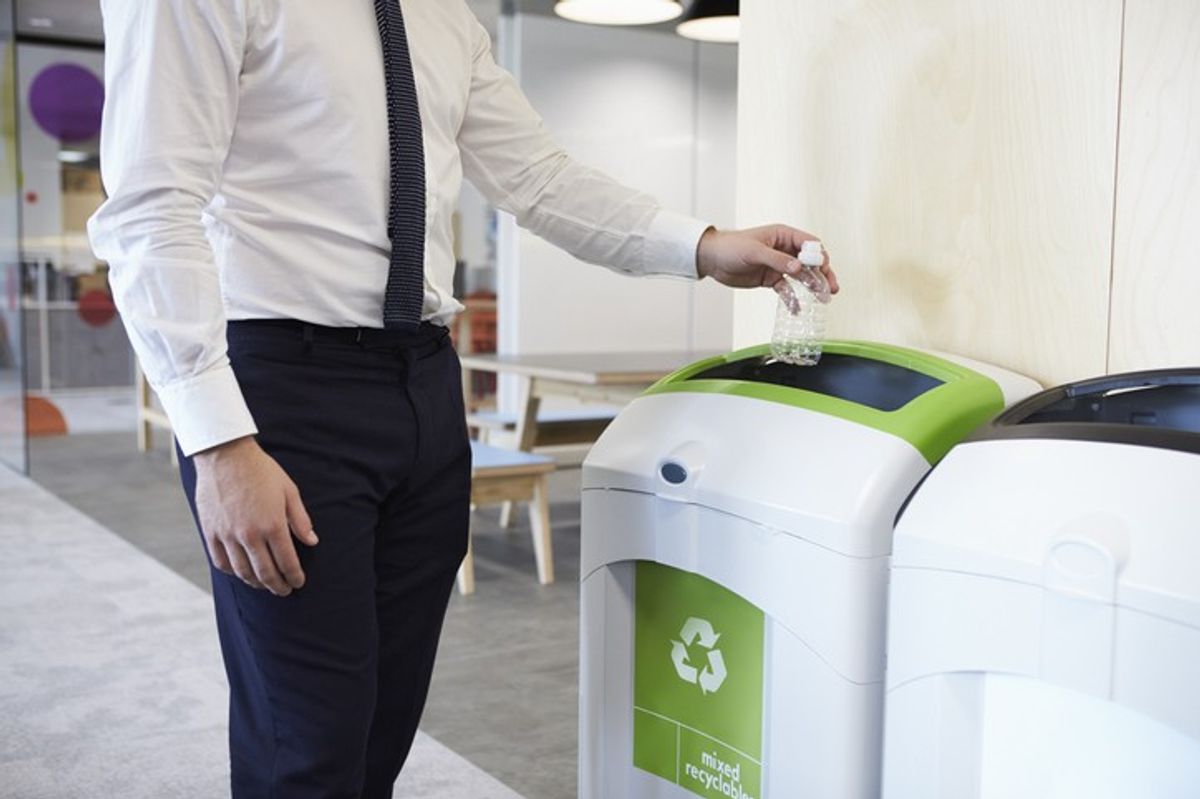Defra’s new proposals are being slammed as “not being enough” to properly address soaring recycling costs, after the government department published plans to reform the controversial Packaging Recovery Notes (PRN) system.
Industry bodies have been calling for action to tackle price volatility and a lack of transparency within the recycling system, which requires suppliers to pay compliance schemes.
Following the launch of a consultation in March, Defra has now set out plans including requiring reprocessors and exporters to publish monthly data on PRN prices and export figures, rather than quarterly.
Commenting on Defra’s responses Robbie Staniforth, Innovation and Policy Director at Ecosurety, told Resource that these amendments do not go far enough to fix the current system.
“We hope that the tweaks proposed will produce some benefits in terms of price stability for both producers and recyclers. However, they're unlikely to encourage long-term investment in domestic reprocessing capacity that is so badly needed.
“Overall, we are disappointed that the UK Governments have not seized this opportunity to fix the system after so many years of discussion and debate,” Staniforth said.
Defra presents ways in which a DRS and PRN system may work together, once the DRS – which could have a significant impact on the collection infrastructure – is introduced.
The document states that producers will be expected to continue meeting recycling obligations until a DRS system is operational in its relevant country.
Meanwhile, a recent research has claimed that most plastics marketed as “home compostable” don’t actually work, with as much as 60 per cent failing to disintegrate after six months.
If compostable plastic ends up among food waste, it contaminates it and blocks the recycling process, the study finds, adding that the only solution is to use less plastic.
People are confused by the labels, and struggle to work out what goes where, yet 85 per cent of people remain enthusiastic about buying compostable plastics, the report said.


